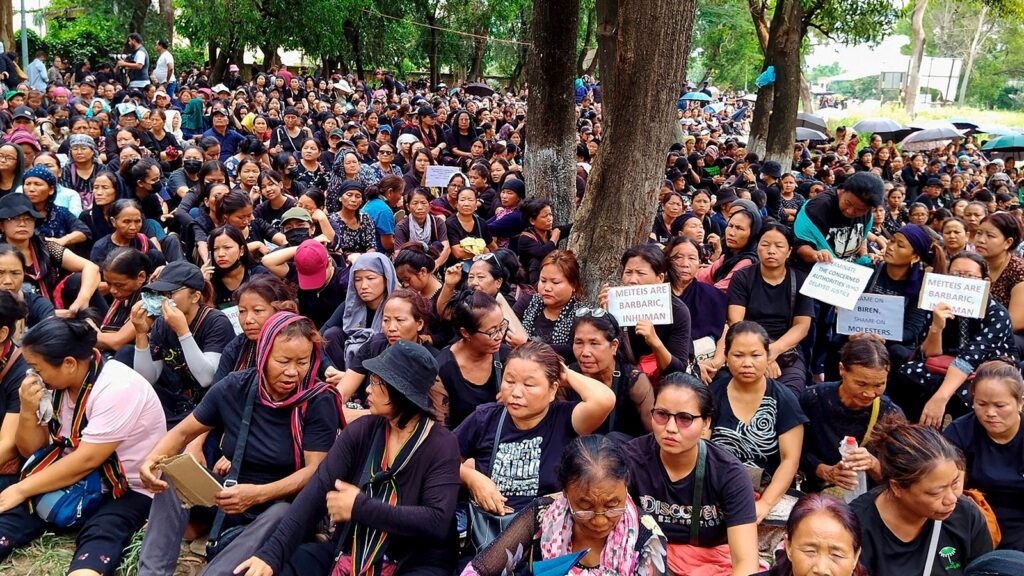Whenever violence flares up across the country, the first action by governments of all shades is clamping a ban on the internet. Social media and messages over the web do peddle fake news with the potential to destabilise an already delicate situation. But can that be an argument to just unplug the internet? In India, it often is, making the country No.1 in terms of internet shutdowns across the globe (according to numbers compiled by Access Now).
But the brutality on display in Manipur in a video of a barbaric sexual assault last week should give policymakers pause. Even as the 30-second clip showing groups of men – a first information report (FIR) later identified them as from the dominant Meitei community – stripping two Kuki tribal women and forcing them to walk naked in public triggered outrage, it also underlined the futility of internet bans. The assault and gangrape happened on May 4 but the clip only went viral two-and-a-half months later, due to the effective ban on the internet. The lack of connectivity may well have kept grisly details of serious crimes unfolding in Manipur suppressed. It has also, counter-intuitively, enabled a climate of hate and speculation, because without the internet at hand to easily verify and cross-check information, mobilisation and counter-mobilisation of communities have been made possible based on conjecture and rumours. In addition, such bans cause a world of hardships for local people. Manipur proves that internet bans are not very effective over long stretches of time, and in complex situations. Use them if one must, but not as a catch-all tool, and even then, only judiciously, and with caveats, some of which have already been listed by the country’s top court.
Enjoy unlimited digital access with HT Premium
Subscribe Now to continue reading


